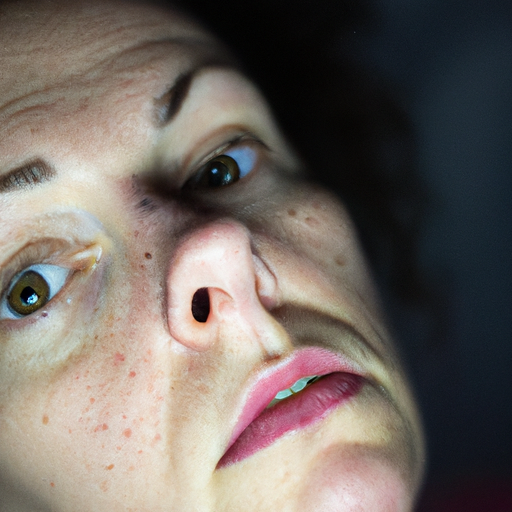Title: Unmasking Clear Skin: Your Ultimate Dermatologist’s Guide to Acne Healing Tips
As a dermatologist, I’ve encountered countless patients struggling with acne, a common skin condition that affects millions worldwide. This article aims to unmask clear skin by providing you with an ultimate guide to acne healing tips.
Acne is not just a teenage issue; it can affect people of all ages. It is caused by the clogging of hair follicles with dead skin cells and oil from the skin. It is characterized by blackheads, whiteheads, pimples, oily skin, and possible scarring. However, with the right skincare routine and lifestyle changes, you can successfully manage and even eliminate acne.
Firstly, it’s crucial to maintain a consistent skincare routine. This includes cleansing your face twice daily with a gentle, non-comedogenic cleanser to remove excess oil and dead skin cells. Avoid harsh scrubs or astringents as they can irritate the skin and worsen acne.
Next, consider using over-the-counter acne treatments containing ingredients like salicylic acid or benzoyl peroxide. These ingredients help reduce inflammation and fight bacteria. However, it’s essential to use these products sparingly at first as they can dry out your skin, leading to more oil production and potentially more breakouts.
Moisturizing is another crucial step in your skincare routine. Even if your skin is oily, it still needs hydration. Look for oil-free and non-comedogenic moisturizers that won’t clog your pores.
In addition to topical treatments, certain lifestyle changes can also help manage acne. A balanced diet rich in fruits, vegetables, lean proteins, and whole grains can improve your skin’s health. Avoid foods high in sugar and dairy products as they may trigger acne.
Regular exercise can also benefit your skin. It increases blood circulation, leading to nourished skin cells and the removal of toxins. However, don’t forget to shower after a workout to wash away sweat and prevent it from clogging your pores.
Getting enough sleep is also essential for clear skin. During sleep, your body repairs and regenerates skin cells, helping to prevent acne.
Lastly, never underestimate the power of sun protection. Sun exposure can lead to an increase in sebum production, which can trigger acne. Always apply a broad-spectrum sunscreen with an SPF of at least 30 before stepping out.
If your acne persists despite these efforts, it’s time to consult a dermatologist. Prescription treatments like topical retinoids or oral antibiotics may be necessary to manage severe or persistent acne.
In conclusion, achieving clear skin is a journey that requires consistency, patience, and the right skincare routine. Remember, everyone’s skin is different, and what works for one person may not work for another. It’s essential to understand your skin type and its needs to effectively manage acne.
Keywords: Acne, Clear Skin, Skincare Routine, Dermatologist, Acne Healing Tips, Non-Comedogenic, Salicylic Acid, Benzoyl Peroxide, Balanced Diet, Exercise, Sleep, Sun Protection.



